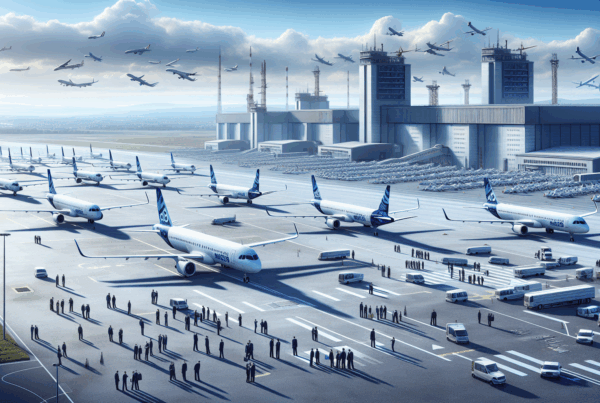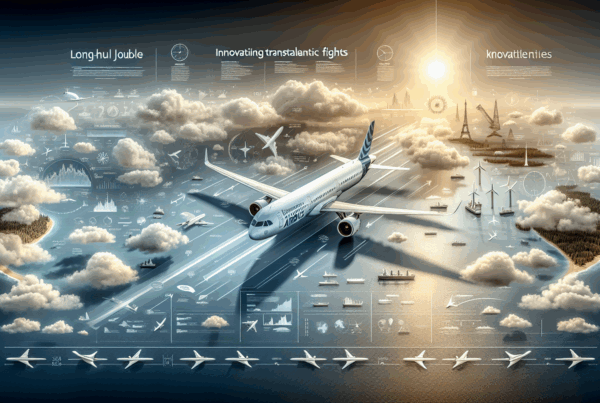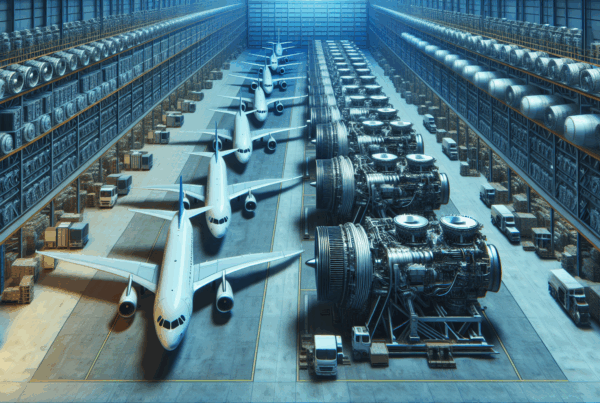A major turning point is taking place in the aeronautics industry today: the A320 Airbus has just crossed an all-time threshold, surpassing its long-standing rival, the Boeing 737. Beyond mere statistics, this shift opens up a sequence of commercial, industrial and environmental implications that concern European companies and their global counterparts alike.
Why the A320 is today's most-delivered aircraft
Flywest reports that the production rate and popularity of the neo and A321neo have propelled the family A320 in the lead in terms of deliveries. Several factors explain this dynamic: on the one hand, airlines' attraction to single-aisle aircraft offering a good compromise between capacity and efficiency; on the other, Airbus' decision to expand its international assembly lines to meet sustained demand. Last but not least, the latest, more fuel-efficient versions have accelerated orders at a time when carriers are seeking to reduce their operating costs and their carbon footprint.
An industrial success linked to the A320neo and A321neo
The rise of theA320neo and above allA321neo has changed the game. These variants offer significantly lower fuel consumption and scalable capacity for high-density medium-haul routes. Low-cost airlines and traditional networks alike have thus found an ideal tool for densifying their network without sacrificing fuel efficiency. Airbus' strategy of maintaining high production rates despite supply tensions has also enabled the company to fill a large number of orders accumulated over several years.
Consequences for airlines and commercial competition
For airlines, this means greater availability of modern aircraft and a wider range of operational options. Carriers can optimize their costs per seat kilometer, and offer more seats on popular routes. From a commercial point of view, the dominance of theA320 increases the competitive pressure on Boeing, particularly in the single-aisle segment, where the price and capacity war is still fierce. In the French and European markets, operators will be able to rely on a standardized fleet, enabling them to benefit from economies of scale in maintenance and crew training.
Rebalancing order books
The fact that the family A320 is now the most-delivered in history also means a rebalancing of order books. Airbus' long-standing customers are seeing their delivery times return to more predictable terms, while Boeing finds itself in a phase where commercial reconquest will involve restoring confidence and gradually increasing production rates. This will have repercussions on commercial negotiations, leasing operations and fleet rotation worldwide.
Industrial and environmental impacts
The dominance of Airbus single-aisle jets is part of a move towards more fuel-efficient aircraft. New-generation engines and aerodynamic improvements mean significant reductions in fuel consumption, resulting in lower CO2 emissions per seat-kilometre. For airports and authorities, this means a shift in environmental footprint requirements, and opens the door to more ambitious fleet renewal strategies.
Pressure on the supply chain
However, this acceleration in production puts pressure on the entire supply chain: engine manufacturers, subcontractors and logisticians have to keep pace. Occasional shortages of certain components continue to pose a risk to the stability of deliveries, and require close coordination between manufacturers and suppliers. At the same time, optimizing assembly lines and investing in automation are essential levers for maintaining high production rates.
What does this change mean for passengers and destinations?
For passengers, the most tangible consequence is the widespread use of more modern cabins and more frequent service on dense routes. Airlines will be able to offer increased frequencies, greater comfort and more competitive prices, thanks to lower unit costs. On routes between France and Europe, this should translate into greater adaptability to seasonal fluctuations and a diversification of the services offered.
Key information
Highlight: the family A320 becomes the most delivered set of single-aisle aircraft in the history of commercial aviation, according to Flywest.
Main reason : version popularity A320neo and A321neo for their efficiency and capacity, combined with an increase in Airbus' industrial production rate.
Impact on companies : better operating costs, standardization of fleets and improved offer on medium-haul routes.
Industrial consequence: high pressure on the supply chain, and the need for investment to maintain delivery rates and quality.
Environmental issues : the move towards more fuel-efficient single-aisle aircraft reinforces the emissions reduction trajectory, but also depends on the adoption of sustainable fuels and complementary measures by operators.




